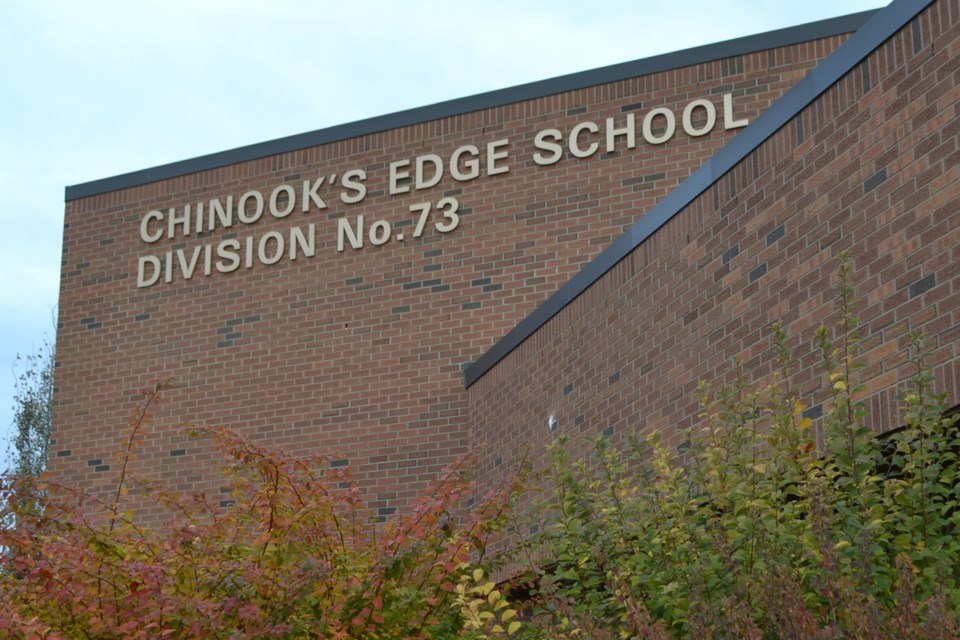INNISFAIL - Chinook’s Edge School Division (CESD) is updating its trustee code of conduct for the first time in five years, hoping to create a more detailed and robust code, says chair Holly Bilton.
Trustees approved the creation of a governance committee to examine the current code and come up with changes and/or additions.
An update on the project was given to trustees at a recent, regularly-scheduled board meeting.
In an Albertan interview following the meeting, Bilton said the project hasn’t been prompted by any concerns.
“A really strong code of conduct is important,” said Bilton. “We actually have a very good board and we work well together. There’s really no concerns, so we thought this is the very best time to have a really robust code of conduct and look at best practices.
“We thought it was a great time to look at it for the future in case there ever was an instance where the board had to look at it more deeply.”
To date, the review has included the examination of other school board codes of conduct, she said.
Asked if the review had anything to do with recent code of conduct matters at the Red Deer Catholic Regional Schools division, she said no.
- RELATED: Former Catholic school trustee appeals disqualification over actions after Nazi, Pride post
The current CESD trustee code of conduct was created in 2017 and was last updated in 2019. It calls on trustees to “conduct themselves lawfully, with integrity and high ethical standards and model the expected behaviours of staff and students in the division.”
Requirements and limits outlined in the code include that trustees will “advocate for the education and development of all children in the entire division, serve the interests of stakeholder in the entire division, promote equality and non-discrimination, and strive to improve their governance skills and expertise.”
As well, trustees “will respect diversity and foster a sense of belonging by providing a welcoming, caring, respectful and safe environment where all students, staff, stakeholders and other trustees are treated with respect and dignity.”
A timeline for the updated code to come before trustees has not been set, she said.
“We are not worried about a fast timeline because we don’t have any issues. The work we are doing is long-term work,” she said.
Meanwhile, the division is also updating its current land acknowledgement, with the process involving various staff groups, students and Indigenous helpers.
The land acknowledgement is typically recited at the beginning of school and division events such as ceremonies and other activities as an act of reconciliation.
Karyn Barber, associate superintendent, recently updated trustees on the ongoing work to develop the updated acknowledgement.
The current CESD land acknowledgement states, in part, that “We acknowledge the many First Nations, Metis and Inuit people whose footsteps have marked these lands for generations. We are grateful for the traditional knowledge keepers and elders who are still with us today and those who have gone before us. We recognize the land as an act of reconciliation and gratitude to those whose territory we reside on or are visiting.”
Updating the land acknowledgement is “a long-term consideration about continuing with the work of reconciliation,” said chair Bilton.
The 11,000-student CESD includes schools across the district.



